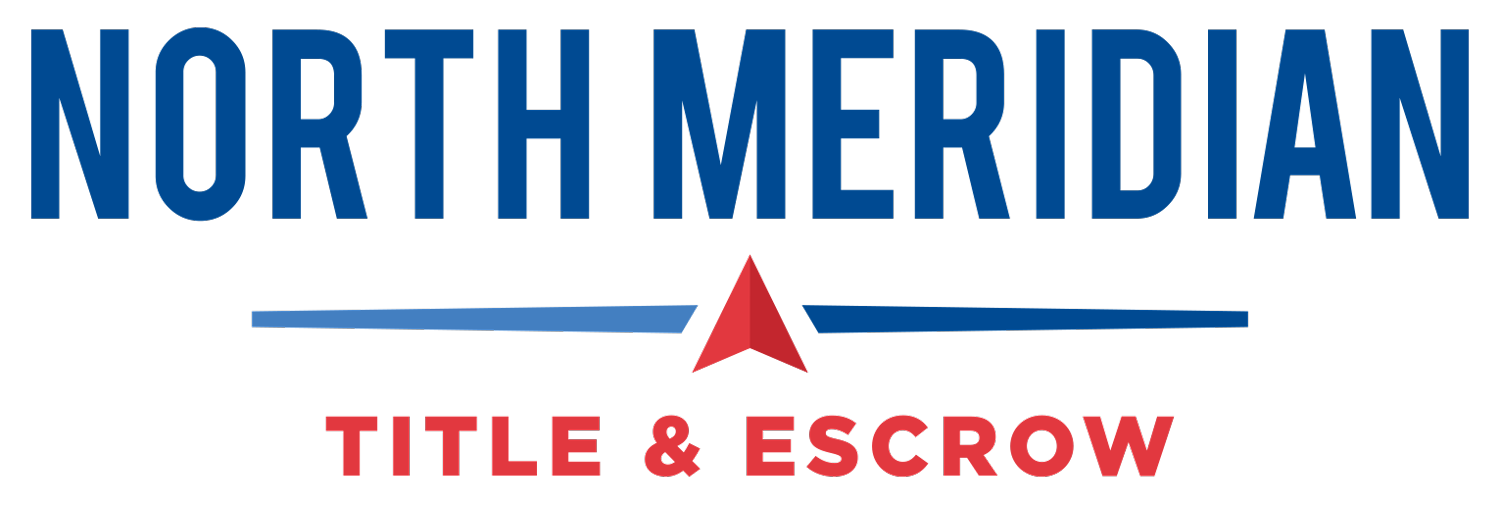
What is Escrow?
Closing, which is also known as “settlement” or “escrow,” is the event where the title to a property is transferred from seller to buyer. Closing is typically held in an office, such as that of an attorney, title agent or title insurance company, and involves the completion of all the necessary paperwork to finalize the agreement between buyer and seller. In addition, all financial items are settled at closing (closing costs) and once the title is successfully transferred, the necessary documents are prepared, signed, and filed with local authorities.
What are closing costs?
Closing costs are all costs required to close the real estate transaction. They can include (but are not limited to) surveying fees, property taxes, title insurance, attorney fees, agent fees, points, loan origination fees, primary mortgage insurance (PMI), and the balance of your down payment. Prior to closing, you should review your final closing statement or HUD-1 Statement to ensure that all the calculations are correct and that you have been given all the credit for deposits and other agreed upon buyer and seller credits. Also recheck all lender, title, and escrow fees to make sure they are accurate.
The Escrow Process
The Escrow Officer is a neutral party who holds and disburses the parties’ funds; prepares certain documents to effect transfer under written instructions all in accordance with the terms of the purchase and sale agreement.
Realtor should be sure P & S Agreement filled out as completely as possible i.e.; all property to be included in the sale clearly stated, sales price, address of buyers/sellers, phone numbers, special instructions, addendums, etc. This will expedite the process for the consumer and all parties involved in the transaction as the Escrow officer won’t have to track people down for critical information which stalls the process.
Escrow Teams facilitate the following:
Reviews Purchase & Sale agreement and Title Commitment for necessary info to comply with parties requirements for closing.
Orders payoffs on underlying mortgages and/or contracts and any other monetary liens encumbering the property to clear title for buyer.
Sends opening letters to the buyer and seller requesting certain permissions as well as information relative to underlying encumbrances and other pertinent information not disclosed by the P & S agreement.
Waits on lender to deliver loan package.
When loan package is received the escrow officer then reviews the loan package and prepares final statements, escrow instructions and transfer documents for closing per the title report and the P & S agreement.
Appointments are then scheduled with the Buyer and Seller to sign final documents.
The buyers closing funds are deposited with escrow at this time in the form of a cashiers check drawn on a preferred Washington State Bank or wire transfer. Due to Washington State’s collected Funds Law, a cashiers check must be deposited with escrow 24 hours prior to disbursement.
At this time the Escrow Closer requests loan funds from the lender usually in the form of a wire transfer.
Upon approval by the lender, the deed and deed of trust (mortgage) are delivered to the title company for recording with the County Auditor.
Verification of recording is given to the closer who then closes the transaction by Confirming receipt of lender’s funds into the escrow account Disburses all escrow funds in accordance with all parties’ instructions.
Funding Team notifies Real Estate Agents then Seller and Buyer (or Agents may choose to notify their clients) that the transaction is CLOSED.
